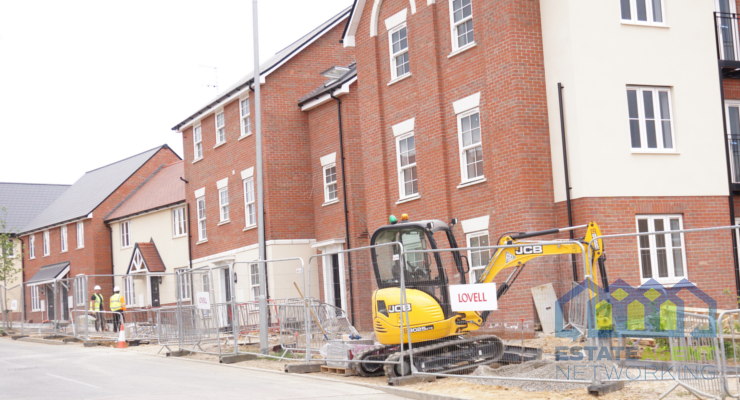Capital Gains Tax on Inherited Property: What is it and How Does it Work?
The loss of a loved one is difficult. Often making things worse is the admin and emotional turmoil involved in inheriting their belongings, sometimes even their property. For many people those inherited homes hold too many memories of their loved one, pushing them towards looking to make a quick sale on the property.
But what taxes are imposed on you with an inherited property? How do you find out? Where do you have to declare such taxes? Here we’re going to look at capital gains tax (CGT) to clear any questions you may have on the matter.
What is capital gains tax?
It is a tax on any profit you make when selling (or disposing of) an asset that’s increased in value. So if the house that you have inherited is the asset and it has increased in value since the death of the original owner to the time of sale then there’s a chance you’ll be taxed.
A chance.
Capital gains tax isn’t employed if the gain in value is less than £11,700 (at time of writing 2018/19 financial year). But if the increase in value exceeds this amount you’ll be expected to pay GGT.
How do you work out your CGT and if you need to pay it?
If you have inherited the property, working out if you exceed the £11,700 limit is straightforward. Find out the property’s value at time of death of the previous owner and then subtract this from its current sale value. You can find out the market value with HM Revenue & Customs here. Then consider the tax rate.
We Buy Any House have also developed a capital gains tax calculator which allows you to work out the CGT on your inherited property making clearing the matter up super simple.
What do I do if I need to pay capital gains tax?
If your asset is above the limit and you do need to pay CGT you’ll have three things to do:
1. Report you capital gains tax to the relevant authorities. In this instance it’s HM Revenue & Customs and you’ll use their online service here. You’ll need to sign up. Or, you can report your CGT through a self-assessment tax return.
2. Upload documents. These documents should show proof of how you worked out your capital gains tax and could be JPGs, PDFs, or a word document.
3. Review. They will then assess your information and then send you a letter informing how much you’ll need to pay and how to do it.
Any capital gains tax needs to be reported by 31st of Jan after the tax year when you made the gain on the property. Any late submissions may receive a penalty. To ensure that all documents and requirements have been met we advise speaking to an accountant or solicitor beforehand.
Are there any CGT allowances or tax reliefs?
As mentioned, any profit of over £11,700 is taxable. But there are other opportunities for tax relief, too. If you are able to prove the following you may be entitled to what is called private residence relief:
· Inherited the house and lived in it while owning it
· Had not let part of the property out
· Had not used part of the property for business
· The grounds are less than 5,000 square metres
· And you did not initially inherit to make a gain
We hope that the above helps clarify Capital Gains Tax and any worries or questions you may have. If you are still unsure whether it’s something you’ll have to pay on your inherited property we recommend contacting HM Revenue & Customs who can help clarify with you.
Shared by: adam.chapman@webuyanyhouse.co.uk









